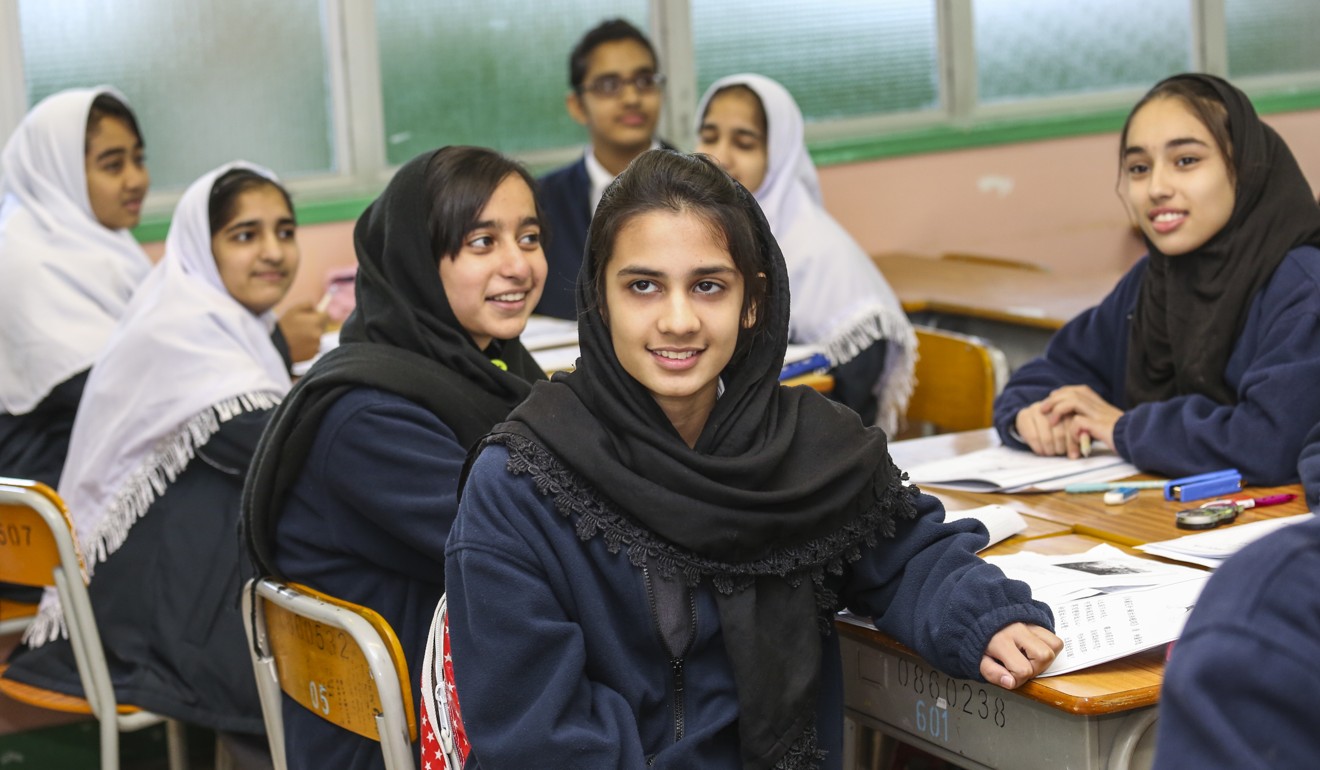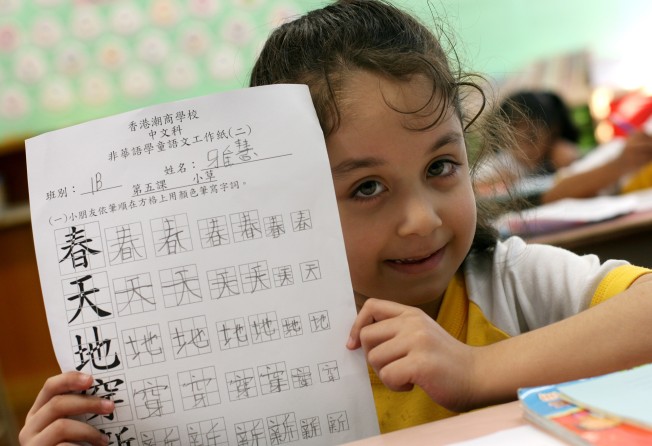
Why international schools may not be the best choice for Hong Kong’s marginalised ethnic minority students
- Even if scholarships allow more students from disadvantaged minority communities to join international schools, this will not help their integration into the wider Hong Kong society

We are writing in response to the opinion article, “How international schools can truly cultivate diversity – support disadvantaged ethnic minority students” (May 15).
While we are thankful to the authors, Shalini Mahtani and Susan Collins, for their suggestions on how to promote cultural diversity in the current education system, we would like to highlight some challenges and possible issues that could arise based on their recommendations on offering scholarships to marginalised ethnic minority children to study in international schools and on mastering Cantonese before entering university.
A scholarship programme for ethnic minority youth sounds like a positive move. However, having ethnic minority students study in international schools might exacerbate the existing social integration challenges – such as language, cultural nuances and economic issues – faced by children from ethnic minority communities in terms of fitting into mainstream Hong Kong society.
Will international schools be properly equipped for these ethnic minority students in terms of cultural competency of school staff and overall pastoral care? How will international schools bridge the socioeconomic gap between their current students and this group of scholarship awardees?
In recent years, the Hong Kong government has been paying more attention to the education of ethnic minority children in the public school system, by promoting the mainstream school policy, which ended the practice of putting these students into designated schools. Yet, the effect of this new school policy is yet to be explored.

Re-routing students into international schools could complicate matters. For instance, if international schools started to accept more ethnic minority students than mainstream schools, this could trigger social segregation of a kind. Most ethnic minority students offered slots in international schools would potentially be integrated with students from different nationalities, but where would that leave their integration into mainstream Hong Kong society?
We hope to see more ways in which Chinese students and ethnic minority students from both public and international schools can be socially integrated.
Next, learning Cantonese is reported to be difficult for those not from Chinese-speaking families. A second language (a non-native one) is believed to be best taught to non-ethnic-majority individuals at early ages. The authors’ recommendation that ethnic minority students learn Chinese at a later stage may make it challenging for them to compete with Hong Kong’s Cantonese-speaking population. We hope Cantonese will be taught to students from ethnic minority groups early on in life, even starting in kindergarten.
Gizem Arat, postdoctoral fellow, the University of Hong Kong; Narine Nora Kerelian, research assistant, Hang Seng University of Hong Kong